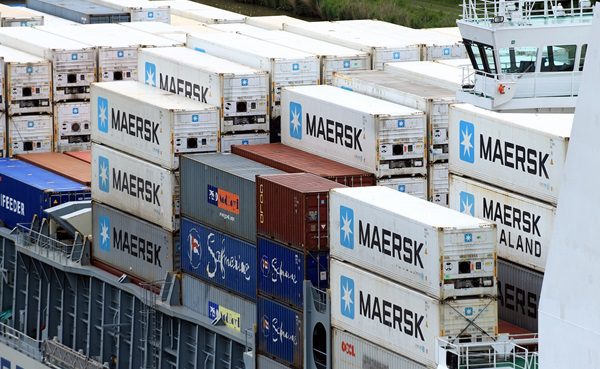Australian Customs clearance agency, Platinum Freight Management, has warned of a growing trend where global manufacturers and their shipping partners have been overcharging importers on Australian port costs for sea freight shipments.
As port charges are based on kilograms and cubic metres they can vary from one freight forwarder to another. They are not always disclosed to importers during the sale process as they are a third party cost associated with shipping, and revealing the charges would result in an inflated overall cost that might deter an importer from proceeding with an order.
According to Platinum Freight CEO Peter McRae, suppliers have been partnering with companies that charge a premium and even add on extra fees not required for a particular import.
Online costume retailer, Costume Parlour, has been the victim of this practice with Platinum Freight finding the company had been overcharged by $2,200 on one import alone. At that rate, the business could be down as much as $20,000 a year in unnecessary charges.
“It preys on importers who don’t know to ask about shipping charges and who therefore can’t negotiate more equitable fees,” warns McRae.
“Too few importers understand there is room to negotiate these charges and even change their supplier’s preferred shipping partners to get a fairer price.”
While Customs brokers are noticing increasing incidents of overcharging, the reason why it is occurring is unknown.
“Weak economic conditions may be forcing international suppliers to recoup costs by charging premium rates where they can,” says McRae.
“The result is that the Australian importer is paying a premium for a service without knowing there are alternatives that may be just as effective and far less expensive.”
For Costume Parlour owner Kane Ballard, understanding the hidden fees has made a big difference to his bottom line.
“I had no idea Australian port charges were negotiable,” he says. “Nor did I understand the relationship between supplier and logistics partners enough to have confidence looking at changing logistics methods.
“Being able to save $2,200 in one shipment has highlighted the opportunities there are to minimise costs throughout the importing process.”
5 ways to save
Platinum Freight Management recommends that importers look at all aspects of logistics for every import, flagging costs that seem high. Areas where importers can often save significantly include:
1. Shipping charges to Australia
2. Australian port charges
“To avoid clients becoming committed to unfair port charges, we recommend a broker checks the quoted charges against a benchmark before the order is finalised, assessing any unreasonable or extraneous fees,” says McRae.
At this point an importer can negotiate to reduce the charges or opt to change the logistics company. The supplier is likely to agree if this negotiation takes place prior to paying the balance of the order.
3. Quarantine charges
4. Storage costs per day, weekends inclusive, if there are any delays with Customs or Quarantine
5. Delivery charges from the wharf to the warehouse
By Ruth Cooper







